- ESC Cardiology guidelines that give detailed advice on the prevention, detection ad management of CV diseases are the most current in the world for prevention, detection and management of cardiovascular disease. Panels of European practitioners develop these norms using contemporary medical studies and clinical trials results.
- The ESC Cardiology Guidelines is considered a best practice in handling cardiovascular disease in Europe. Healthcare professionals employ these materials in making their clinical decisions to provide the right patient’s treatment.
- All the guidelines have been arranged as per topic and every guideline touches on a different component of cardiovascular health. Such as guideline for the care of acute coronaries syndrome for the diagnosis, risk stratification and the therapy for the heart attack. The guidelines are divided into chapters for each which then contain suggestions, discussion of issues, and summary of evidence.
- The best practice guidelines of european society of cardiology is often updated keeping to changes in the best practice standards. Additionally, the guidelines are translated into over 20 languages in order to make them understandable for international health care providers.
Besides these guidelines, ESC also has several other materials which serve as supports for the healthcare specialists in CVs management. These resources include:
- Clinical practice guidelines: The guidelines also give more comprehensive advice on particular clinical cases.
- Position papers: The ESC’s views on specific cardiovascular disease issues are presented in these papers.
- Consensus documents: They are statements, which are agreed upon by medical specialists and relate to various aspects or cardiovascular illness
The mission objective of ESC Cardiology Guidelines, therefore, includes disseminating up-to-date, evidence-based information in a bid to enhance patient care outcomes for individuals living with cardiovascular disease.
| Weight | N/A |
|---|---|
| Quality | Black and White, Color Matt Finish |
Only logged in customers who have purchased this product may leave a review.



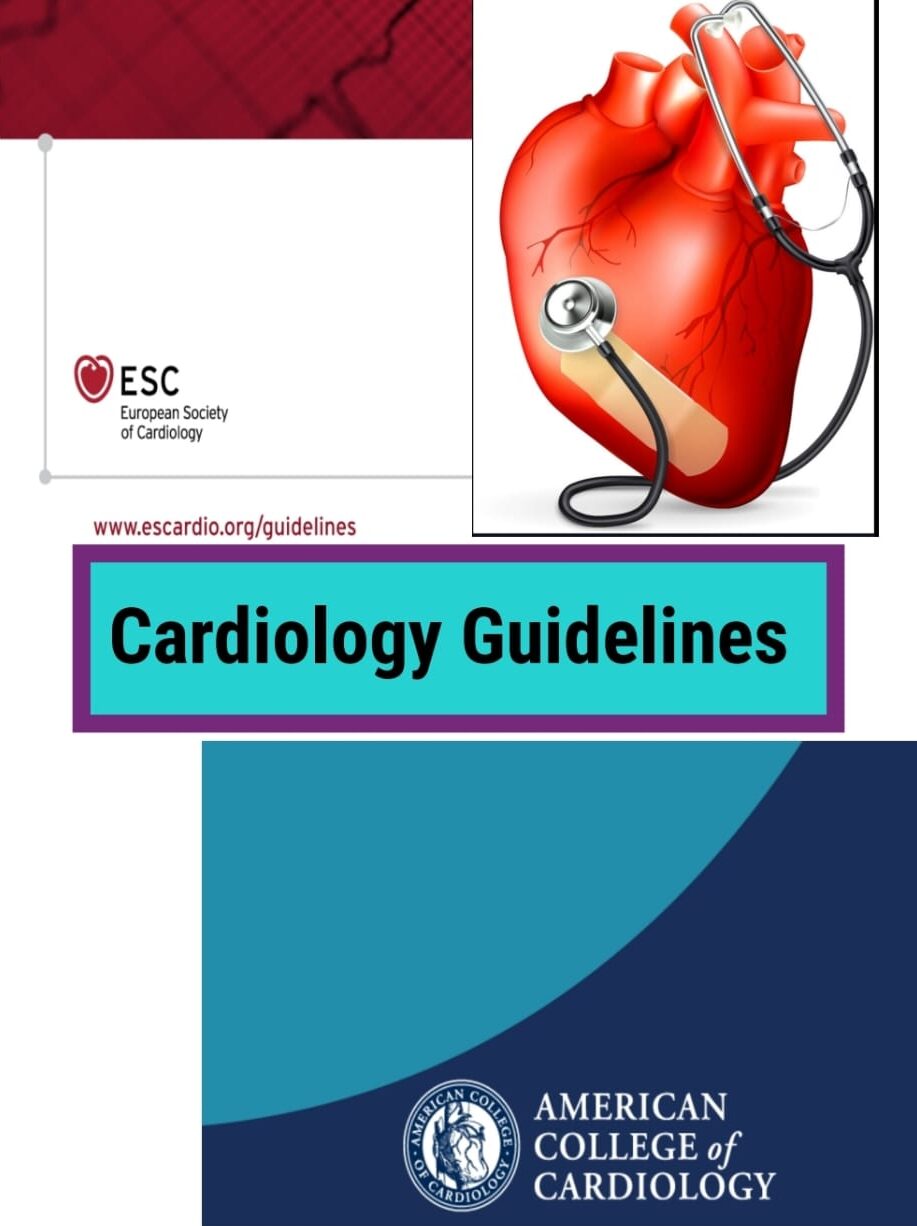
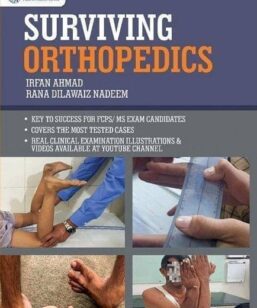

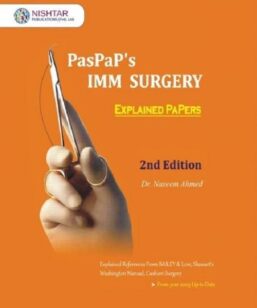
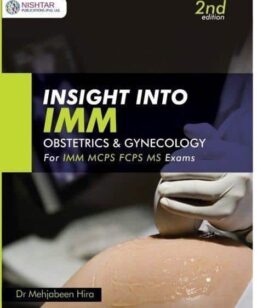
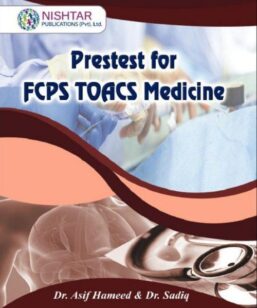

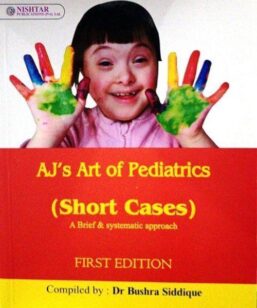
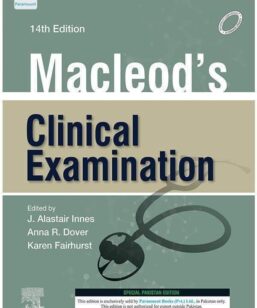
Reviews
There are no reviews yet.